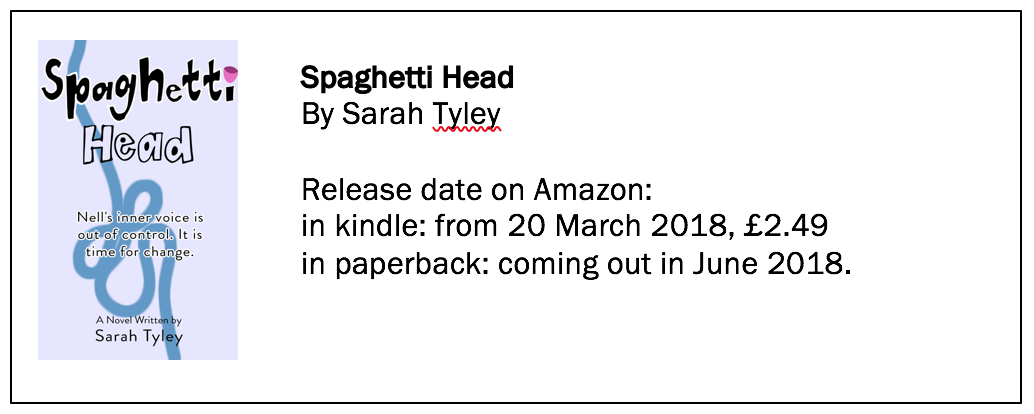Introducing Wet Weather Books
As a gardener, most of my writing happens when it’s raining as I’m not a fan of working outside in it – the vegetation is wet, tools get wet, I get wet – you get the picture! So wet days offer a perfect opportunity to stay inside, with a warm mug of tea, the sound of raindrops against the window, a pen and note-book and my laptop.
It seemed that Wet Weather Books, my own imprint dedicated to letting my imagination flow on rainy days, was the perfect title to accompany what I write on those days.
My latest book, Uncomplicated Gardening: Time-saving Tips and Tales from a Professional Gardener, is the first to appear under this imprint. It’s a collection of practical gardening advice for busy people, seasoned with anecdotes and reflections from my years working with plants. My goal is simple: to make gardening simple, manageable, and inspiring—without overwhelming you.
I also write fiction. My debut novel, Spaghetti Head, is a quirky mix of dystopian, self-help, and romantic comedy, crafted in the same rainy-day spirit. When the garden is resting, these are the moments when I let my imagination take over. Alice, a robot miniature-cow, and as far as I’m concerned, the best character in Spaghetti Head, is a great example of that!
If you’re looking for practical gardening tips, clever shortcuts, or unexpected tales—whether from the garden or from the imagination—Wet Weather Books is where you’ll find them


![IMG_0405[1].JPG](https://images.squarespace-cdn.com/content/v1/5a786832ace864dda3a2e43a/1525976045225-X54GB845ZTR7687K0QHT/IMG_0405%5B1%5D.JPG)


![IMG_0060[1].JPG](https://images.squarespace-cdn.com/content/v1/5a786832ace864dda3a2e43a/1518611560702-HYPBGT8CGKYVP59EYCHX/IMG_0060%5B1%5D.JPG)
![IMG_1033[1].JPG](https://images.squarespace-cdn.com/content/v1/5a786832ace864dda3a2e43a/1518611971347-V50DJ8PJ8NARENALMRWF/IMG_1033%5B1%5D.JPG)
![IMG_0985[1].JPG](https://images.squarespace-cdn.com/content/v1/5a786832ace864dda3a2e43a/1518181720225-7ODV87Q6KGMXJ07ZFFZT/IMG_0985%5B1%5D.JPG)